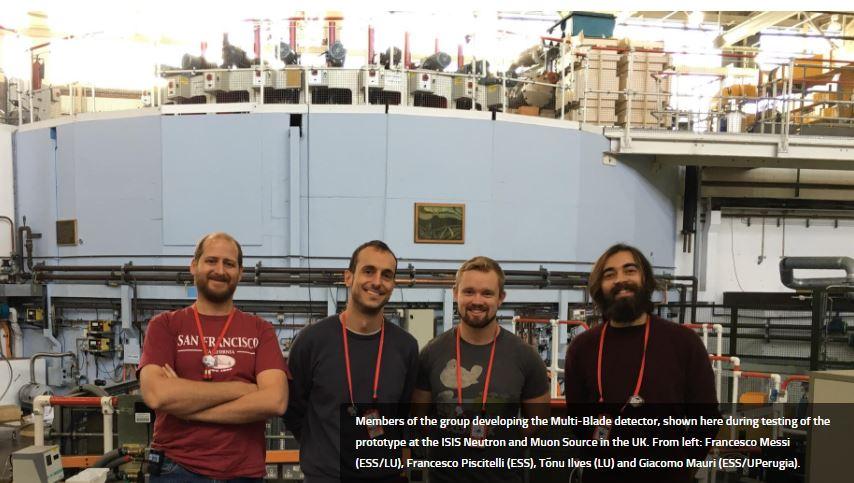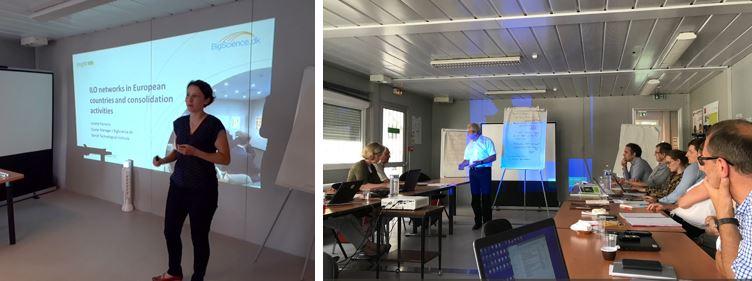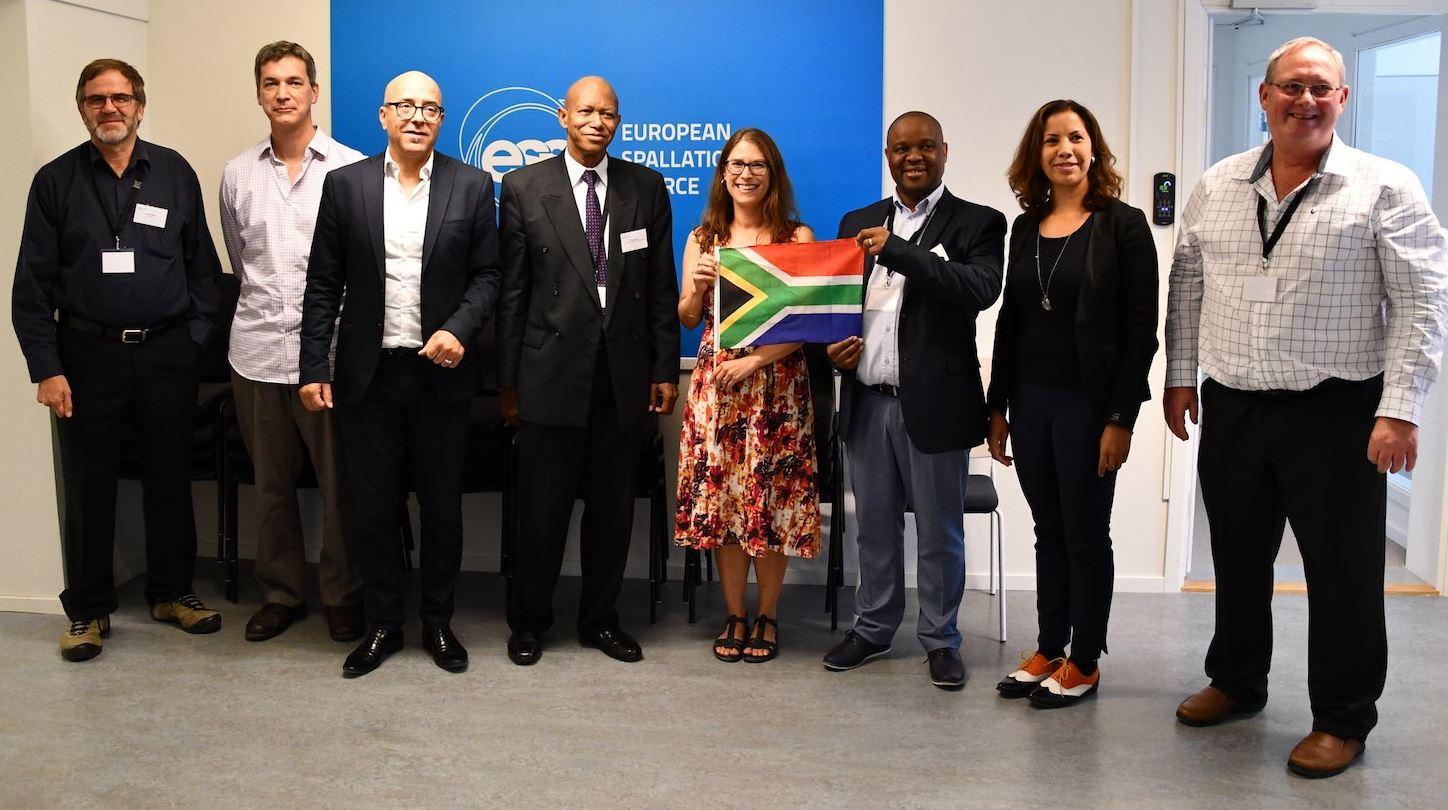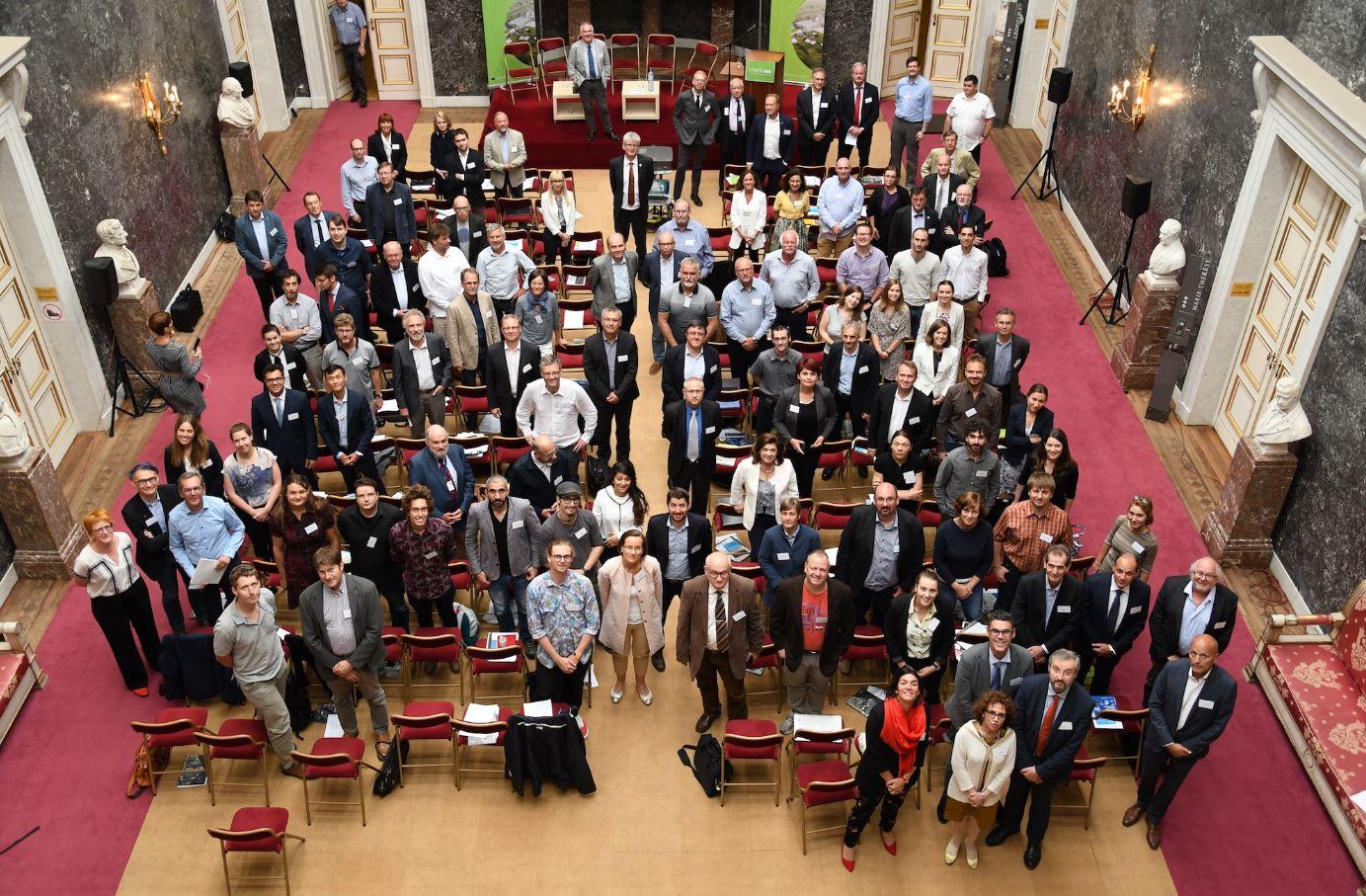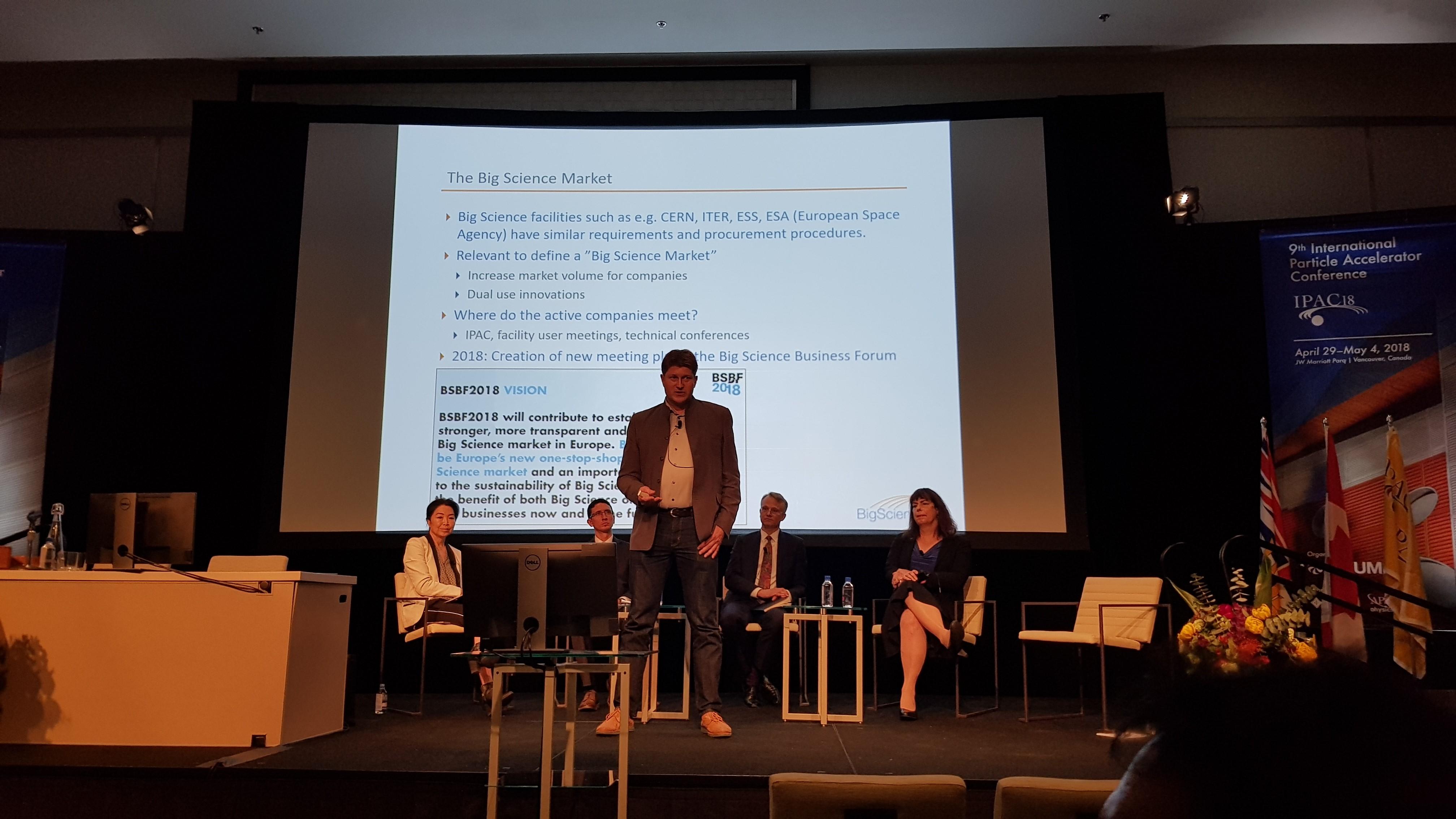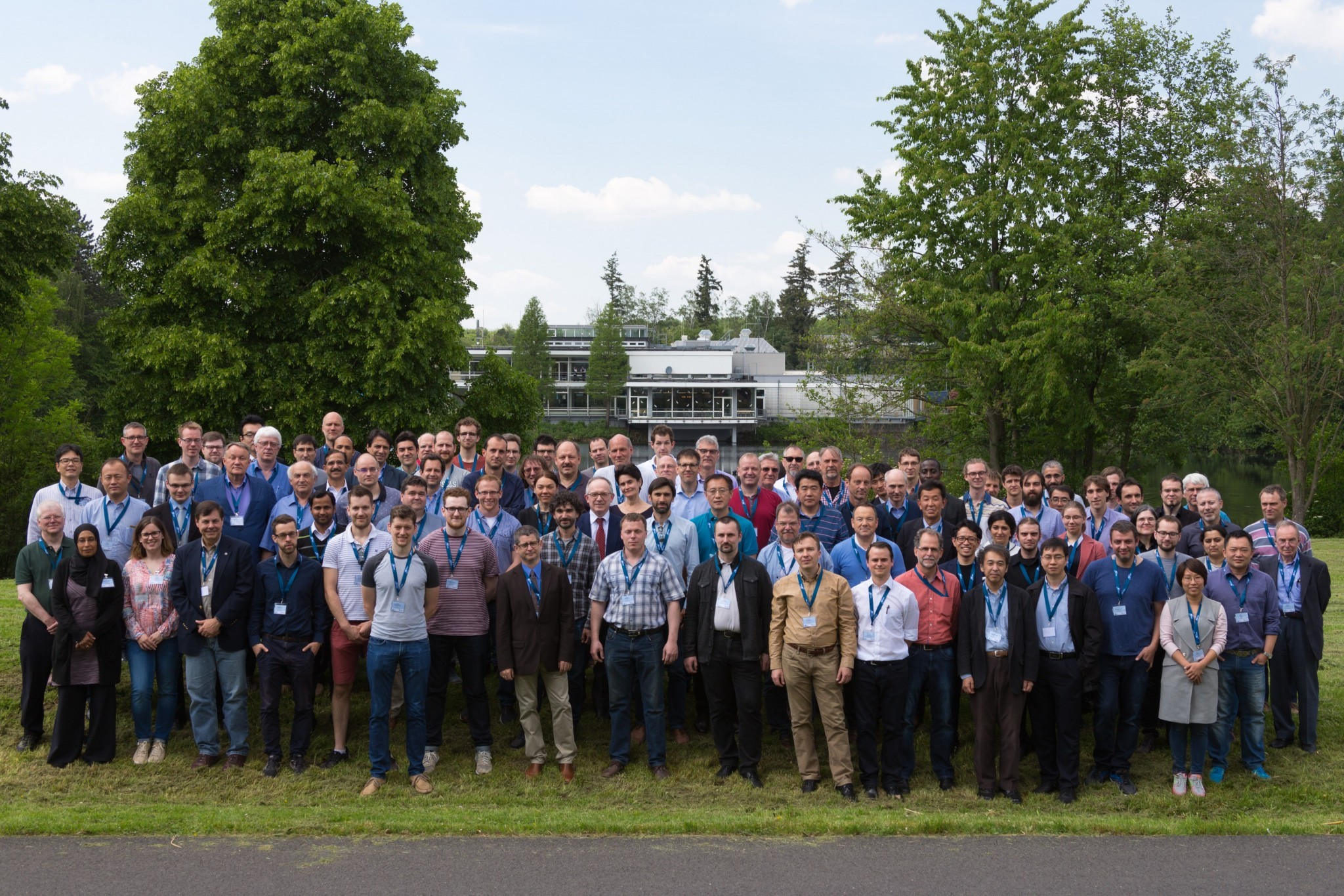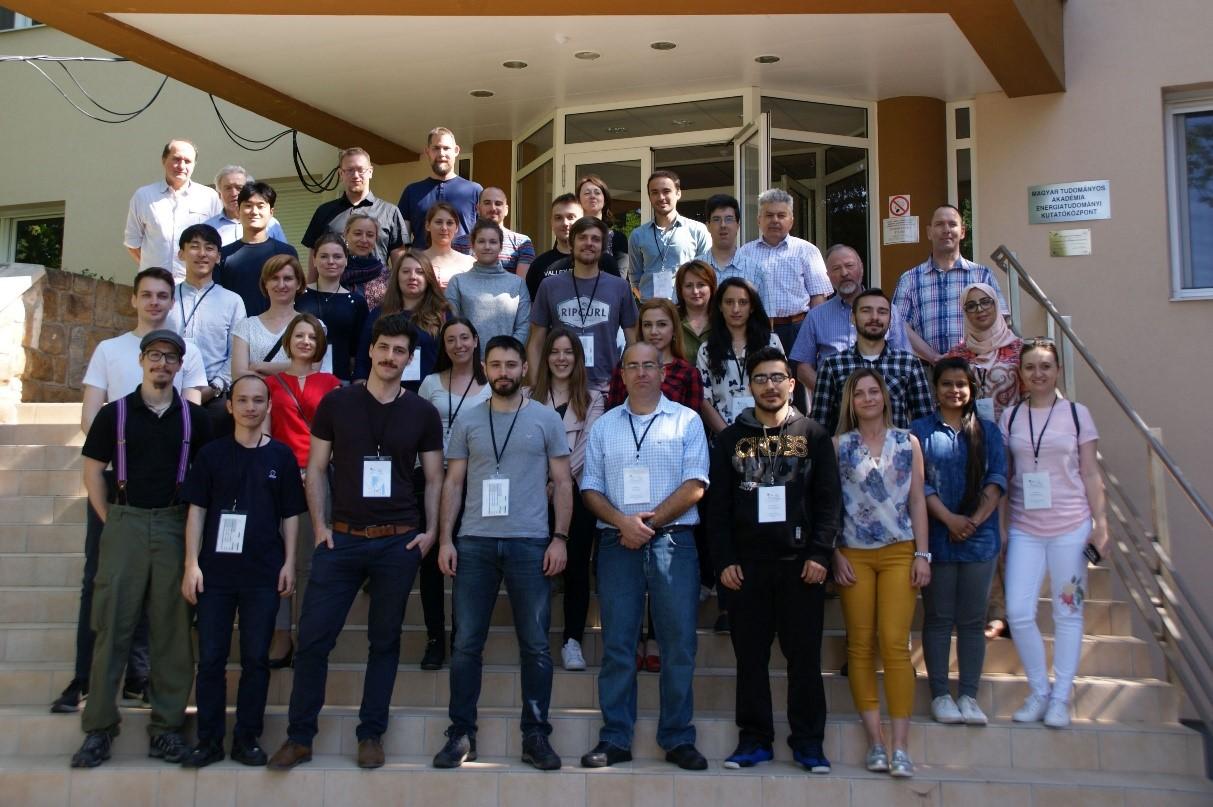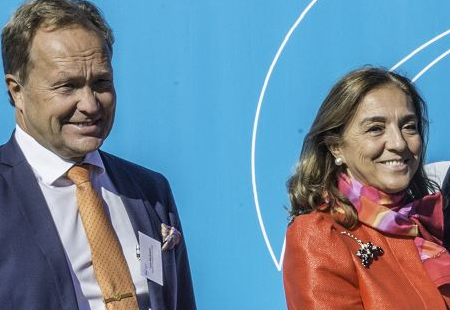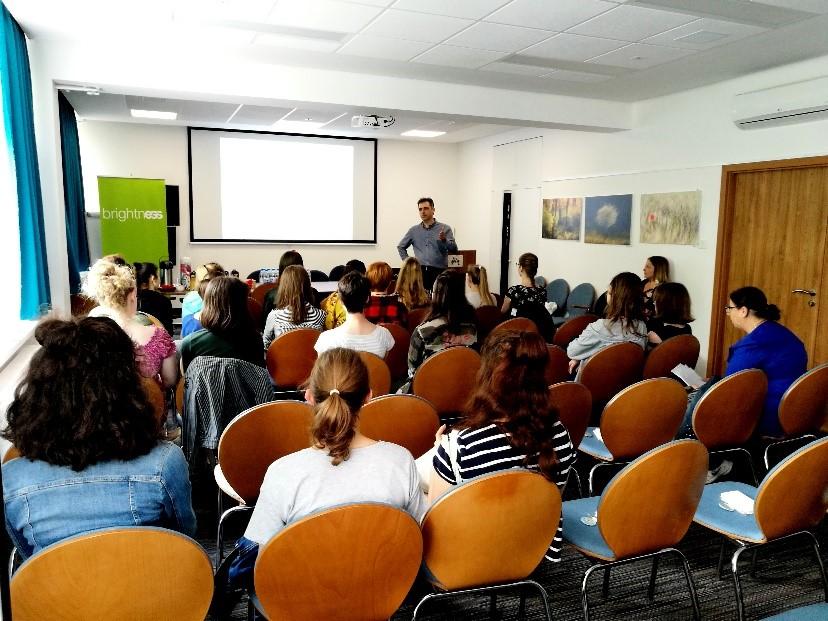
Main menu override
- About
- Partners
- Events
- Results
- In-Kind Best Practices
- In-Kind Process Overview
- ESS Partner Countries
- In-Kind Review Committee
- Advantages of In-Kind Contributions
- In-Kind Downloads
- Questions
- VAT Workshop in Lund
- Workshop on IKC Best Practice - Bilbao
- 2nd BrightnESS Best Practice Workshop - Catania
- 3rd BrightnESS Best Practice Workshop: In-Kind Installations
- Contact
- News and Events
 is funded by the European Union Framework Programme for Research and Innovation Horizon 2020, under grant agreement 676548.
is funded by the European Union Framework Programme for Research and Innovation Horizon 2020, under grant agreement 676548.Editor-in-chief: Roger Eriksson.

